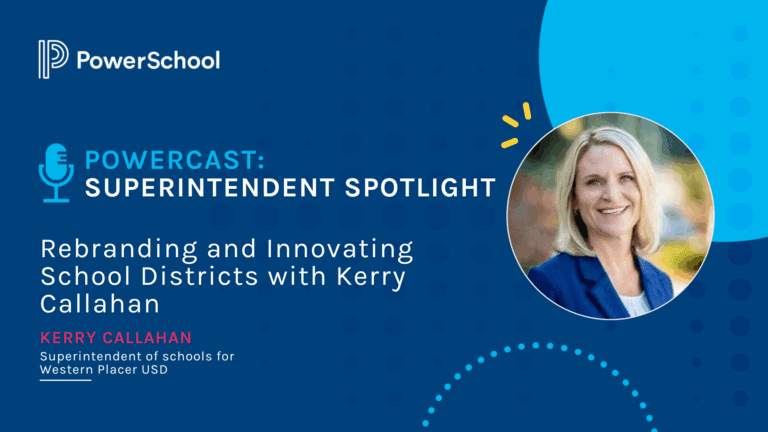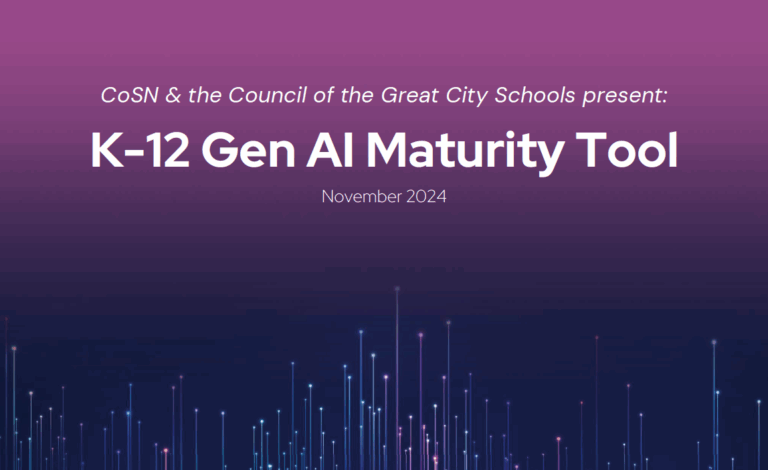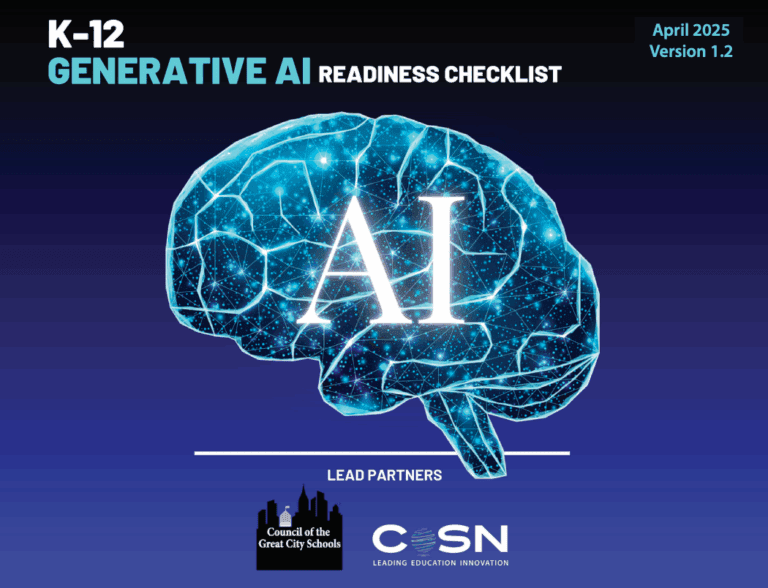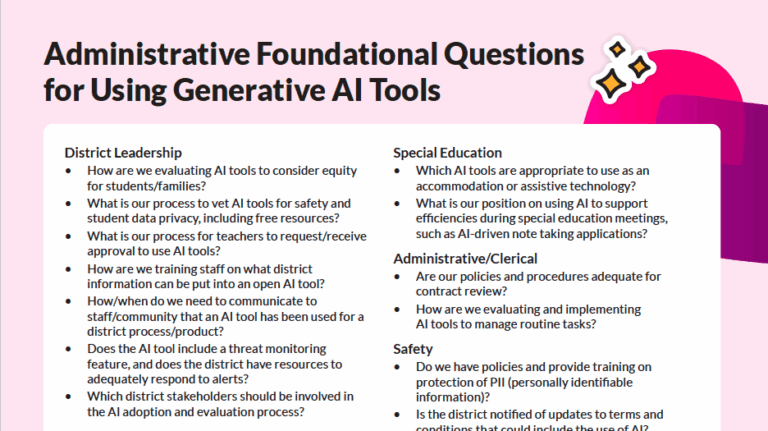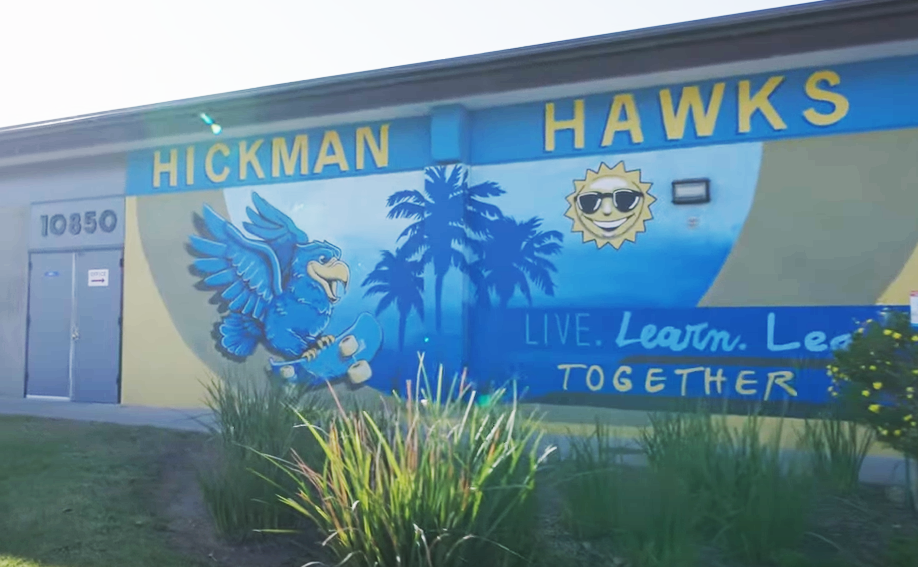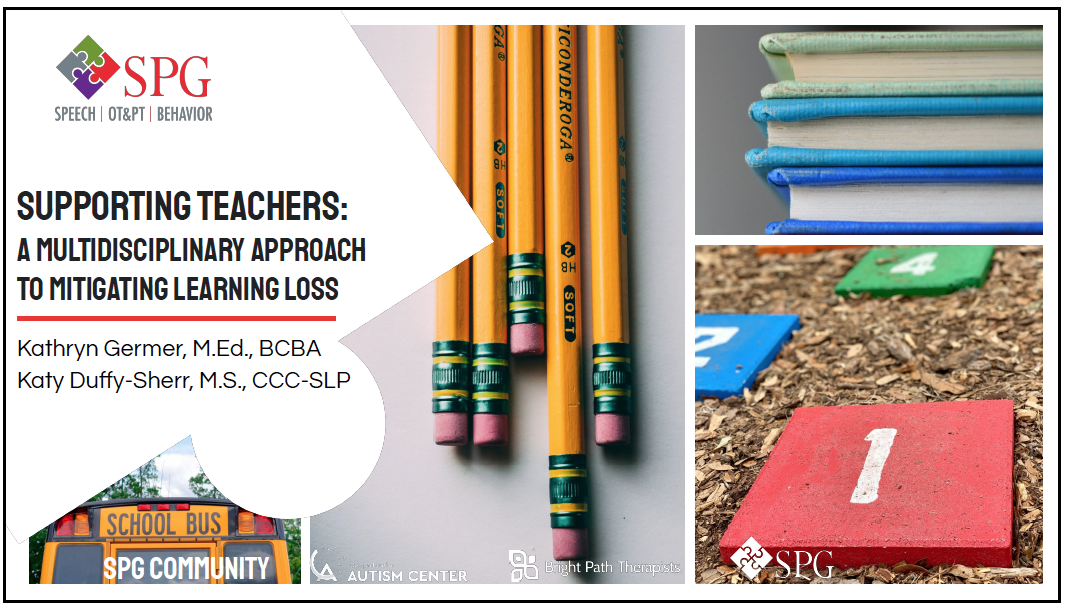This resource is provided by ACSA Partner4Purpose Right At School. It was written by Dr. Dawn Bridges, Vice President of Educational Affairs.
The challenges of the last three years have required district leaders to be more agile than ever.
Given the changing landscape in education and the world around us, adaptive leadership will continue to be vital to handle the complex problems facing schools today — and anything new that comes our way.
Adaptive leadership is about navigating changes and challenges while staying focused on what matters most — our students. It’s about:
- Having the ability to anticipate what’s coming and the flexibility to plan and adjust.
- Listening to diverse stakeholders to gain different perspectives and consider the many facets of a situation.
- Creating or adopting new or different strategies to address issues and meet district goals.
- Mobilizing individuals and groups to initiate changes and work toward those goals.
One big issue in many districts today is student behavior. In a 2022 survey of K-12 public schools, the Institute of Education Sciences found that, “More than 8 in 10 public schools have seen stunted behavioral and socioemotional development in their students because of the COVID-19 pandemic.”
In my own conversations with district leaders and in leaders’ interviews with the media, many say that students are still struggling to adjust being back in the classroom. In particular, students who started kindergarten and first grade at home are having trouble transitioning into the school environment. In addition, students who have unfinished learning or academic gaps may feel like they are failing or falling behind their peers, which can create social, emotional, and behavioral challenges.
Trauma and mental health issues are also impacting the way students learn and behave in the classroom. In fact, mental health tops parents’ list of concerns, with 40% saying they are extremely or very worried that their children are struggling with anxiety or depression, and 36% feeling somewhat worried, according to Pew Research Center’s Parenting in America Today survey.
One way districts can support students’ social, emotional, behavioral, and mental health is to support their well-being during school time and out-of-school time (OST).
“What happens on school grounds — before, during, and after school — can have a big impact on a child’s health and learning. OST program leaders and staff are natural partners for extending the Whole School, Whole Community, Whole Child approach beyond the school day.” — Centers for Disease Control and Prevention (CDC)
Thinking beyond the school day
Educators are asked to pack so much into the 8 a.m. to 3 p.m. school day, but learning does not just happen during school hours. OST programs — which can include before and after school programs, break camps, and summer camps, among others — can support student learning, well-being, and health in a variety of ways. In addition to providing safety and supervision, research shows that OST programs can support student academic achievement, and improve the personal and social skills linked with positive social behaviors.
Embracing change and providing more equitable opportunities
Adaptive leaders are reimagining what education can and should look like, and part of that involves thinking beyond the traditional school day. To provide pathways to college and careers, we should offer students opportunities to explore and identify their interests, talents, and aspirations — and well before they get to high school.
Another consideration is equity. In too many communities, opportunities for learning, play, and growth outside of the school day are sharply divided between the haves and have-nots. A student who is interested in chess or STEM or sports or creative and performing arts should be able to explore those interests to see where they excel and what they like or don’t like. Offering extended day programs on-site at school can help close that divide and give more children the opportunity to access and participate in high-quality enrichment.
Visit Right At School’s blog to learn more about their work on creating future leaders.














